Tag: code
The Intercept laid me off
Last month, The Intercept laid me off along with fifteen other employees — one-third of the newsroom.
I'm officially on the job market. My current title is Director of Information Security. I've been working in media for the last decade, but I'm also open to engineering or security roles in other sectors — as long as I'm working on interesting problems and doing good things for the world. Please tell me about open positions that would be a good fit, or if you want to hire me! You can email me at [email protected].
OnionShare 2.6.1 released, and I wasn't even the one who did it!
I'm excited to announce that OnionShare 2.6.1 is released — this version includes support for Apple Silicon Macs, among other things — and I'm even more excited that Saptak Sengupta, one of the talented OnionShare maintainers, put in all the work required to make the release, instead of me! Go check out the new version of OnionShare at onionshare.org.
What goes into making an OnionShare release: Part 3
About a month ago I started working on an OnionShare release, documenting the entire arduous process. It's always a painful process, but it's absolutely bonkers how much work has gone into this release.
What goes into making an OnionShare release: Part 2
A few weeks ago I intended to make an OnionShare release, documenting the entire arduous process. I made a lot of progress, but then ran into endless problems getting the Flatpak packaging working and so decided to delay the release. Now I'm back at it. In this post I will finish tackling Flatpak and start tackling the Windows and macOS releases.
Hacks, Leaks, and Revelations: Pandemic Profiteers and COVID-19 Disinformation
I've spent the last two years writing Hacks, Leaks, and Revelations: The Art of Analyzing Hacked and Leaked Data, a book that teaches journalists, researchers, and hacktivists how to report on leaked datasets! Datasets like these get dumped online literally every day (much of it published by DDoSecrets), but few people have the technical skills to download it and uncover its secrets. I'm hoping to change that.
In August, I gave a talk at the DEF CON 31 Misinformation Village about one of the case studies from my book called Pandemic Profiteers and COVID-19 Disinformation, where I explain in detail how I analyzed hacked data from the anti-vax group America's Frontline Doctors ("the horse paste peddlers" that were "hilariously easy to hack," according to my source). They raked in millions of dollars selling ivermectin and hydroxychloroquine, all while telling their supporters that COVID-19 vaccines are deadly and convincing them that things like wearing masks during a pandemic was a violation of their rights. My reporting led to a Congressional investigation into them.
What goes into making an OnionShare release: Part 1
In the nine years (!) that I've been working on OnionShare, a growing community of contributors have taken on more and more of the work, but I'm still the only one who has actually made any releases. I'm hoping to change that. Even though OnionShare is established open source software, making a release is an extremely cumbersome process. This blog post (and the ones after) documents all the work I'm doing to make the OnionShare 2.6.1 release. This way others who will take over making releases in the future (and anyone interested in releasing open source desktop software) can see what goes into it.
OnionShare 2.6 has a quickstart screen, automatic censorship circumvention, and better packaging
I'm excited to announce that the OnionShare team just released version 2.6! You can download it from onionshare.org. Here are the main things that are new.
Qube Apps: a Flatpak-based app store for each qube
I really like Qubes but I haven't been using it a lot lately. I have a Qubes laptop that I use for specific high security tasks, but my daily driver the last few months has been Ubuntu or Pop!_OS (I really like the tiling windows and the design), and sometimes macOS. Qubes is great, but it can be cumbersome to use.
OnionShare 2.3 adds tabs, anonymous chat, better command line support, and quite a bit more
After a ridiculously long sixteen months (or roughly ten years in pandemic time) I'm excited to announce that OnionShare 2.3 is out! Download it from onionshare.org.
This version includes loads of new and exciting features which you can read about in much more detail on the brand new OnionShare documentation website, docs.onionshare.org. For now though I'm just going to go over the major ones: tabs, anonymous chat, and better command line support.
New version of OnionShare makes it easy for anyone to publish anonymous, uncensorable websites
I’m excited to announce that OnionShare 2.2 is released! You can download it from onionshare.org.
When I first wrote OnionShare in 2014, it let you anonymously and securely send files to people. It worked like this: OnionShare zips up the files, starts a local web server on your computer with a link to this zip file, makes this website accessible as a Tor onion service, and shows you the URL of the web server. You send someone this .onion URL, they load it in Tor Browser (loading the website hosted directly on your computer), and then they can download the zip file. As soon as the download is complete, OnionShare shuts down the web service.
In the years since then it has gotten a whole lot better (largely thanks to a growing community of volunteer contributors). Instead of just sending files, you can use it to receive files now, allowing you to turn your computer into an anonymous dropbox. But it has always worked the same way: hosting an anonymous website locally on your computer. But since OnionShare hosts a website on your computer anyway, why not use it to host actual websites?
With Semiphemeral you can delete your old Twitter likes, but it's noisy
I don't know if others use Twitter the same way that I do, but I tend to like things quite a bit more frequently than I tweet or retweet things. I'd imagine that if you analyzed my last 10 years of Twitter likes, you could learn much more about me than just by looking at my timeline. My likes probably reveal exactly which political, technical, and social arguments I followed, and which sides I took in all of them.
I recently programmed a tool called semiphemeral to automate deleting all of my old tweets (except for ones that I want to keep), and it also goes back and unlikes all of the tweets that I liked more than 60 days ago -- or, so I initially thought. It soon became clear that semiphemeral only actually deleted the most recent 4,000 likes.
Semiphemeral: Automatically delete your old tweets, except for the ones you want to keep
In the almost 10 years that I've been using Twitter, I tweeted about 13,700 times, retweeted about 9,000 tweets, and liked (or "favorited", as we called liking back in the day) about 14,000 tweets. I decided to delete most of them using a tool I just finished programming called semiphemeral. Here is why, and how.
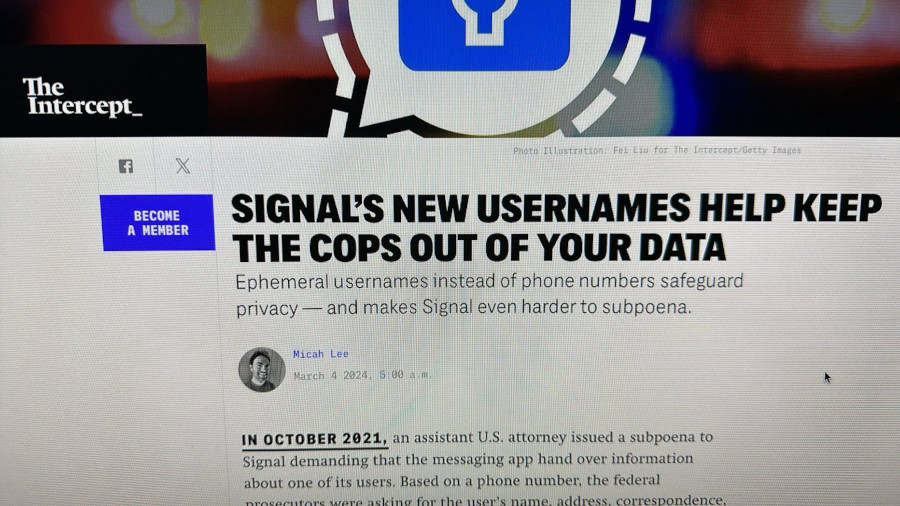
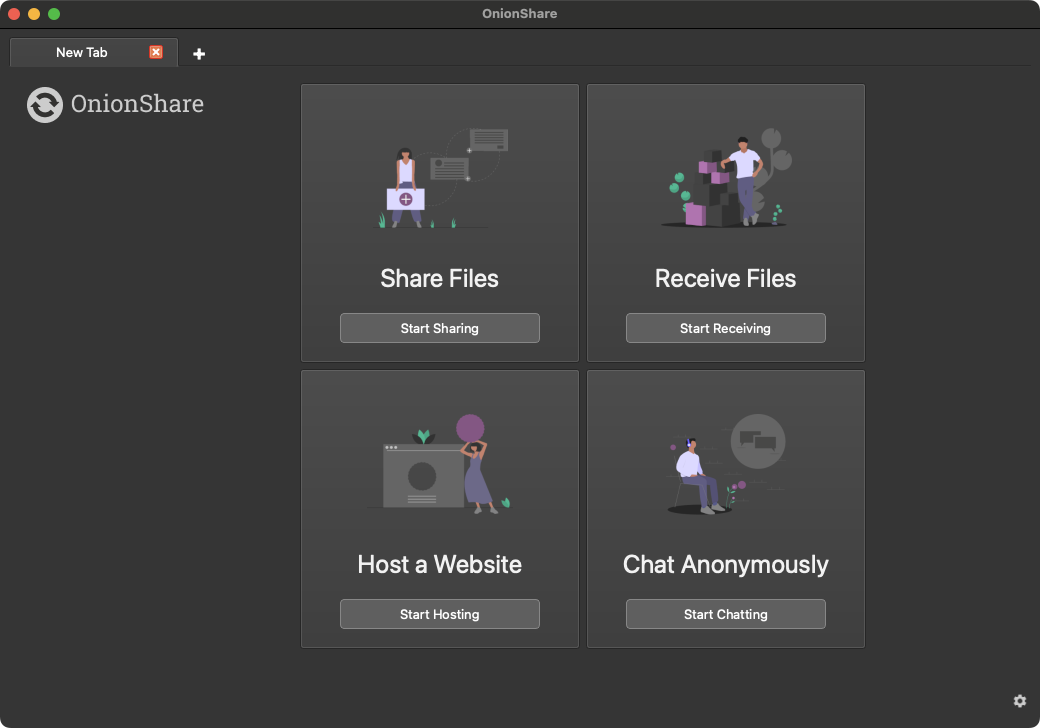
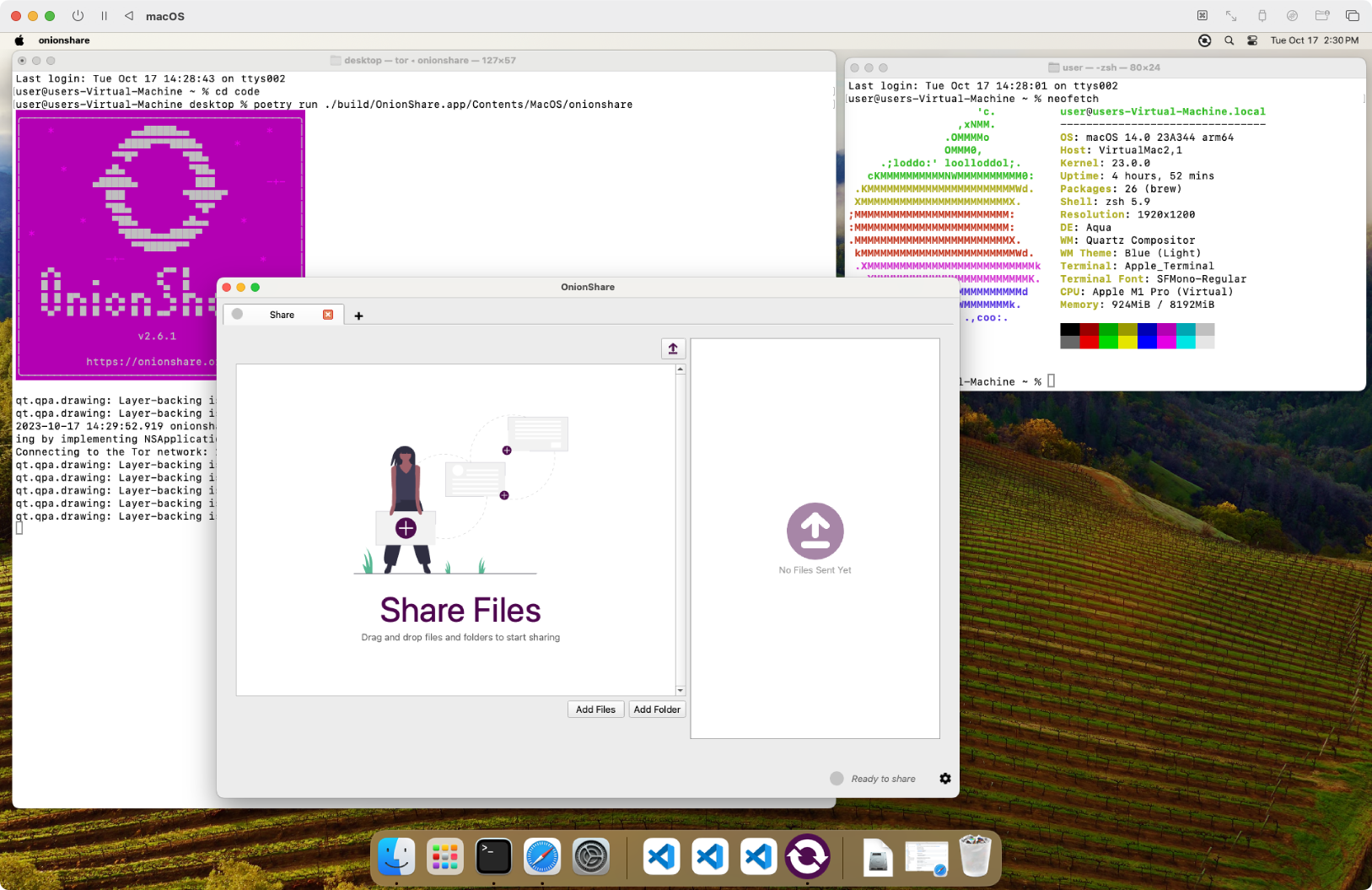
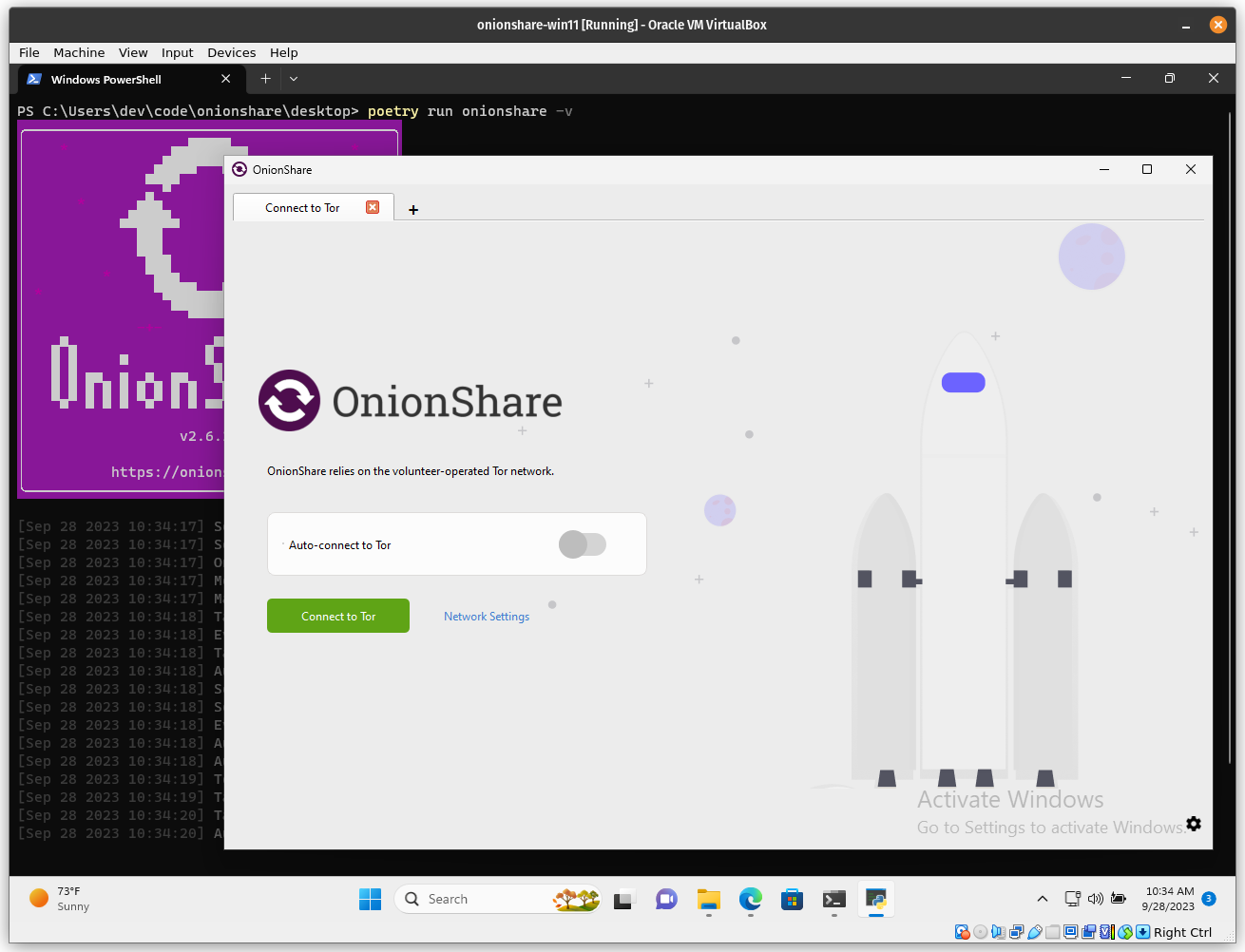

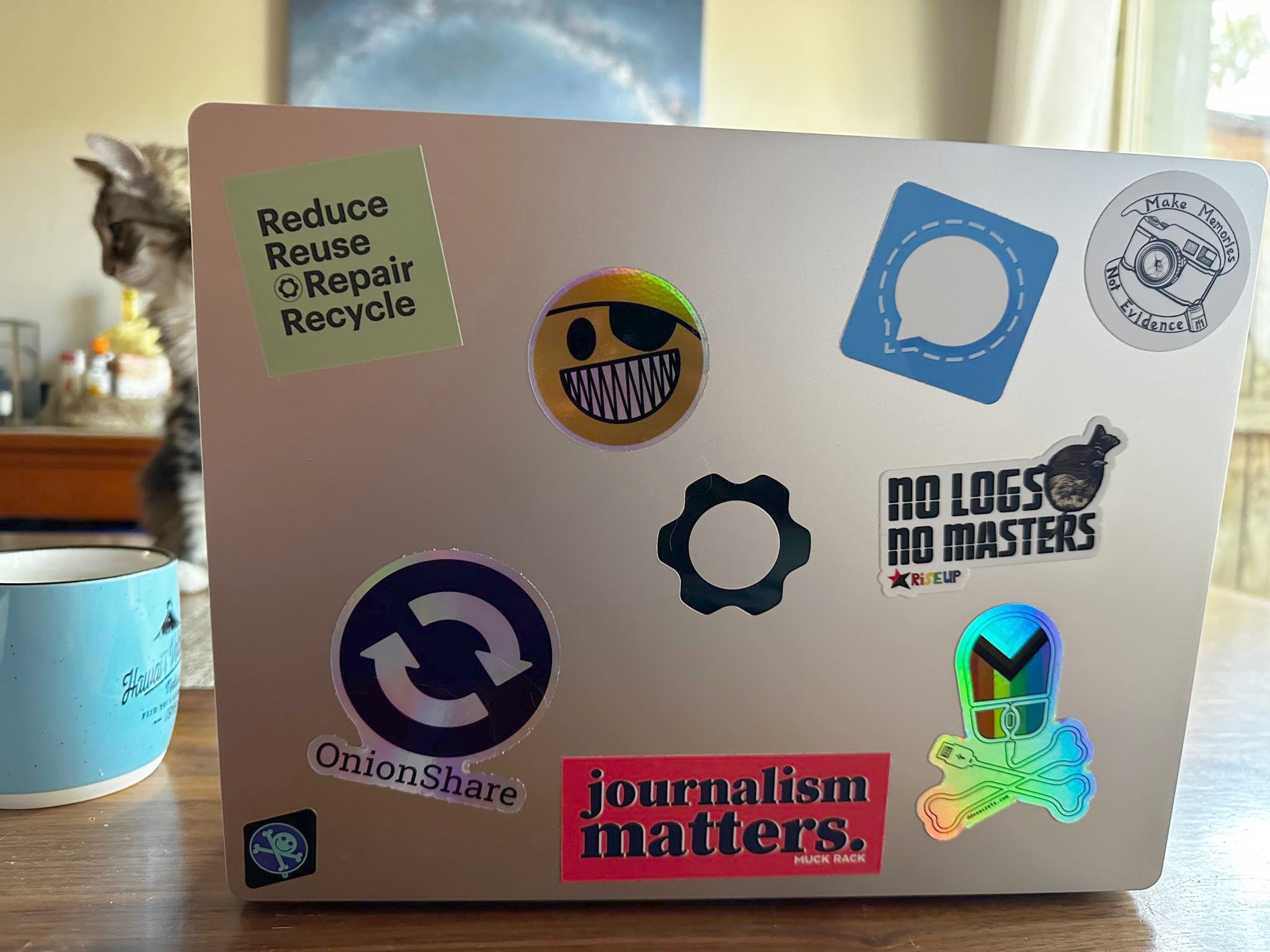
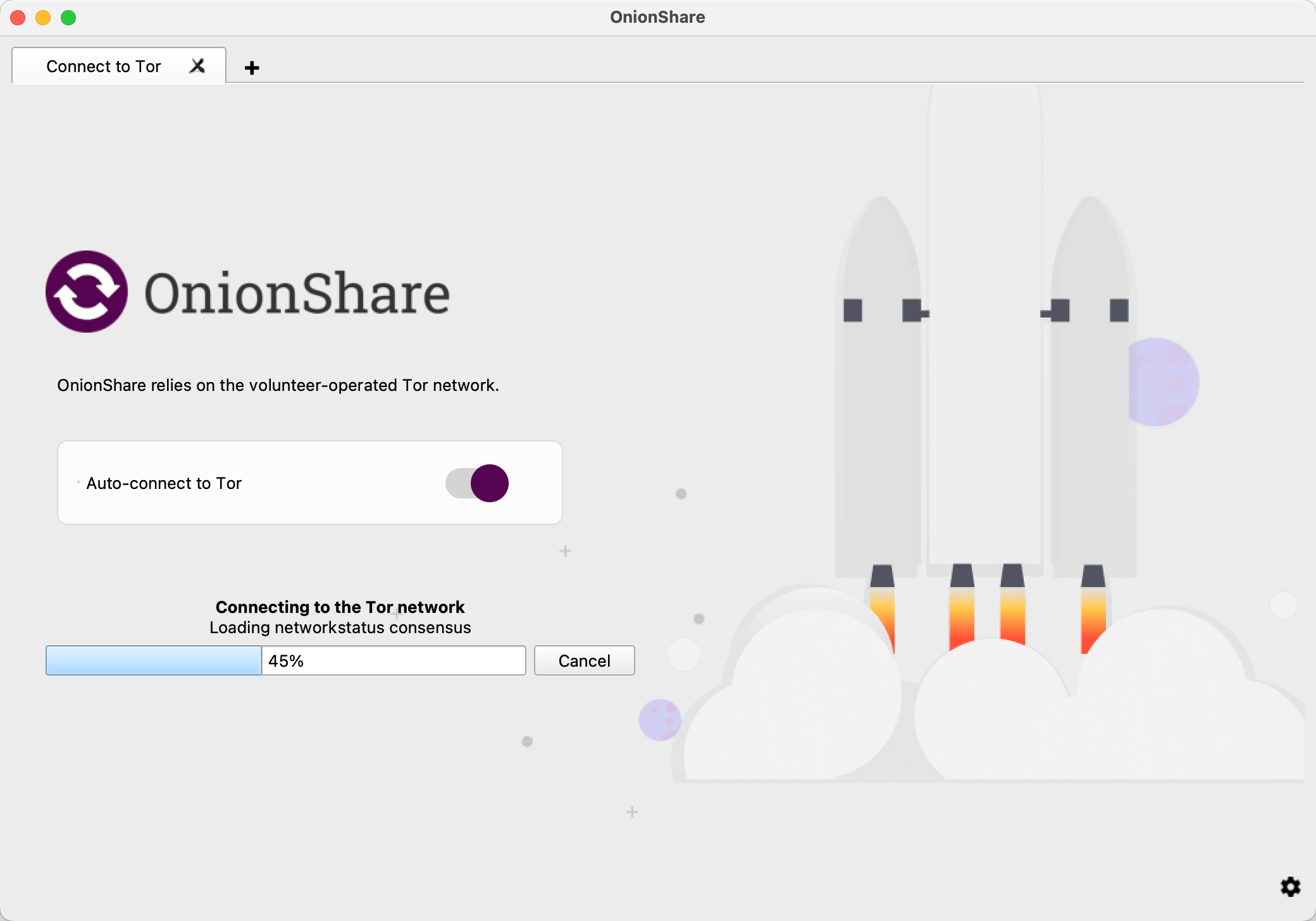


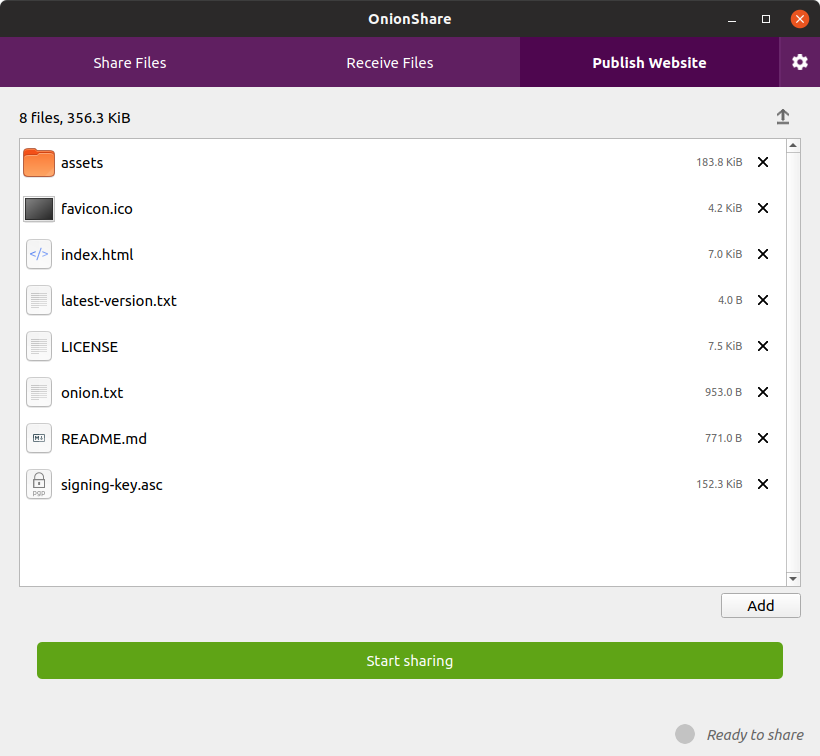



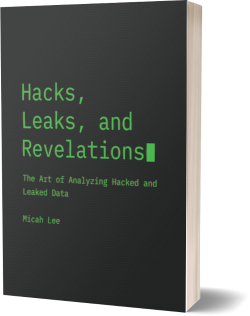
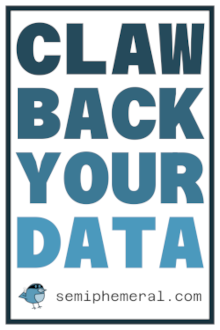

 Subscribe to feed
Subscribe to feed